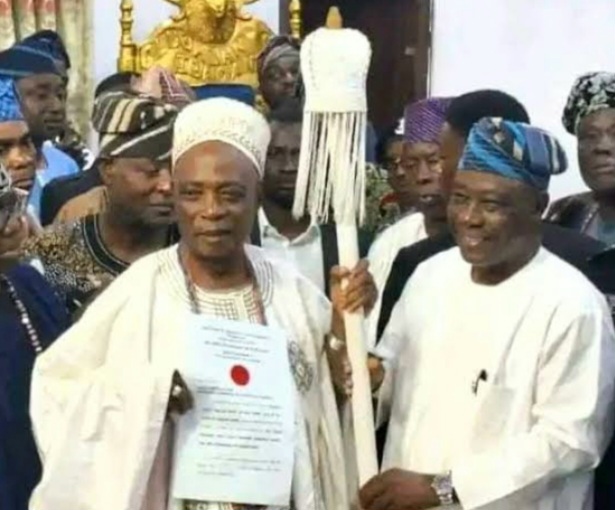Human rights lawyer, Femi Falana, has criticised President Bola Tinubu’s economic reforms, stating that the administration’s “harsh neoliberal policies” have decimated Nigeria’s middle class and worsened living conditions for millions of citizens.
Falana noted that despite the President recently acknowledging the economic hardship faced by citizens, his policies have further deepened poverty.
“I have seen the President ask APC governors to ‘wet the ground’ more, but as far as the masses of our people are concerned, things are getting tougher by the day because of the harsh economic crisis in the country, which the president recognise that Nigerians all over the country are complaining that things are getting tougher for them.
READ ALSO:
US To Start $15,000 Visa Bond For Some Visitors
Sahara Group Cultivates Future Storytellers At UNILAG #MADWITHCOMMS Forum
‘The Challenges Before Us,’ Ojulari Speaks 1st Time After Resignation Rumour
The Lecturer Who Didn’t Make First Class, and Made Sure I Didn’t Too
‘One For Reduction, One For Status quo,’ NERC, EERC Bicker Over Tariff Review
‘Health Crisis,’ Gambia Declares Mpox Outbreak
“Because of the religious implementation of neoliberal policies by the government, poverty is on the ascendancy. That will require a review of these policies,” he said on Monday’s edition of Channels Television’s Politics Today programme.
The Senior Advocate of Nigeria faulted the government’s privatisation drive, saying it contradicts efforts to tackle income inequality, adding that the government must reorder its priorities and provide targeted support for vulnerable Nigerians, especially those in rural areas.
“You cannot be addressing income inequality in a country while handing over the nation’s resources to a few people in the name of privatisation.
Most Nigerians cannot afford three square meals a day. The middle class has been wiped out by the neoliberal policies of the government.
“The government must go back to the drawing board and review each of these policies, especially those pushed by the IMF and World Bank, in the interest of Nigerians. It is in the interest of the government to review its policies as soon as possible,” he stated.
Since assuming office in May 2023, Tinubu has introduced sweeping economic reforms, including currency liberalisation and the removal of fuel subsidies.
While intended to stabilise Nigeria’s economy, the policies have triggered a high cost-of-living crisis, with inflation and poverty levels reaching alarming heights.
The removal of fuel subsidies, in particular, caused petrol prices to soar, triggering ripple effects across the economy, from rising transport fares to soaring food prices and general inflation.
Falana stressed the need for urgent implementation and legal backing of social welfare programmes to alleviate widespread suffering.
“To eradicate poverty, we must begin by implementing welfare laws,” he said, referring to the National Social Investment Programme (NSIP), which was codified under the Social Investment Programme Agency Act in 2023.
The NSIP is a federal initiative designed to reduce poverty through schemes such as N-Power (for youth empowerment), the Government Enterprise and Empowerment Programme (GEEP), a school feeding initiative, and conditional cash transfers to vulnerable households.
“President Tinubu should be able to persuade the governors to codify social investment programmes and enact them into law,” he said.
CHANNELS





